As retirement approaches or you find yourself already enjoying this new chapter of life, understanding how financial advisors charge fees becomes essential for securing your financial future. In Today’s environment, signing up for a service with a stated cost is typically littered with backend fees deep inside a 300-page legal agreement that “everyone reads”, and that stated cost does not ever seem to be the actual cost. In 2023, the White House estimated that Americans spend $65 billion on fees every year, it’s not a new trend, but it is growing in popularity amongst the service industry. In this post, we will break down the complexities of fees littered in our industry and give you concepts to take home so that you may apply these to your situation.
Navigating Different Fee Structures
As you consider working with a financial advisor, you'll encounter a few different fee setups:
Fee-Only Advisors:
These advisors charge a direct fee for their services, often based on a percentage of your retirement savings or a fixed fee. They prioritize transparency and providing advice that's in your best interest, without earning commissions from product sales.
Commission-Based Advisors:
These advisors earn their income through commissions on the financial products they recommendand sell to you. While convenient, this setup may lead to potential conflicts of interest.
Fee-Based Advisors:
These advisors blend both fee-based and commission-based elements. They charge fees for their services but may also earn commissions from certain product sales. While offering flexibility, this model requires careful consideration to ensure your retirement goals remain the top priority.
Unveiling the Real Costs
Beyond just the upfront fees, it's important to consider some additional costs on your investments:
Expense Ratio
This exposes the “in-front of the curtain” cost of owning a mutual fund or ETF, including management fees and other disclosed expenses. It's crucial for understanding the true impact on your retirement savings over time.
Turnover Costs:
“Behind the curtain” cost of high turnover in your investment portfolio can lead to increased trading costs and tax implications, which can eat into your retirement funds.
12b-1 Fees:
These are marketing and distribution fees used to cover the fund's promotional and advertising expenses. They are named after the SEC rule that permits them.
Soft Dollar Arrangements:
These are agreements where investment managers receive research or other services from brokerage firms in exchange for directing a certain amount of trades through them.

Choosing Your Retirement Partner
When selecting a financial advisor for retirement, consider:
Transparency:
Look for advisors who are upfront about their fees, potential conflicts of interest, and the services they provide. Transparency builds trust and ensures you know what you're paying for.
Putting You and Your Needs First:
Seek advisors who are committed to acting in your best interest. This means they're looking out for your retirement goals above all else.
Experience and Credentials:
Look for advisors with experience in retirement planning and the right qualifications. Don't be afraid to ask for references from other retirees they've worked with.
Education in Your Journey to or In Retirement.
Navigating financial advisor fees might seem overwhelming, especially as retirement becomes more of a reality. But with knowledge and understanding, you can confidently choose an advisor who's the right fit for your retirement dreams. Remember, it's not just about the cost but about the value you're receiving and the trust you're building with your advisor. By considering all aspects of fees, including those that are often overlooked, you can make informed decisions that set you up for success in retirement.

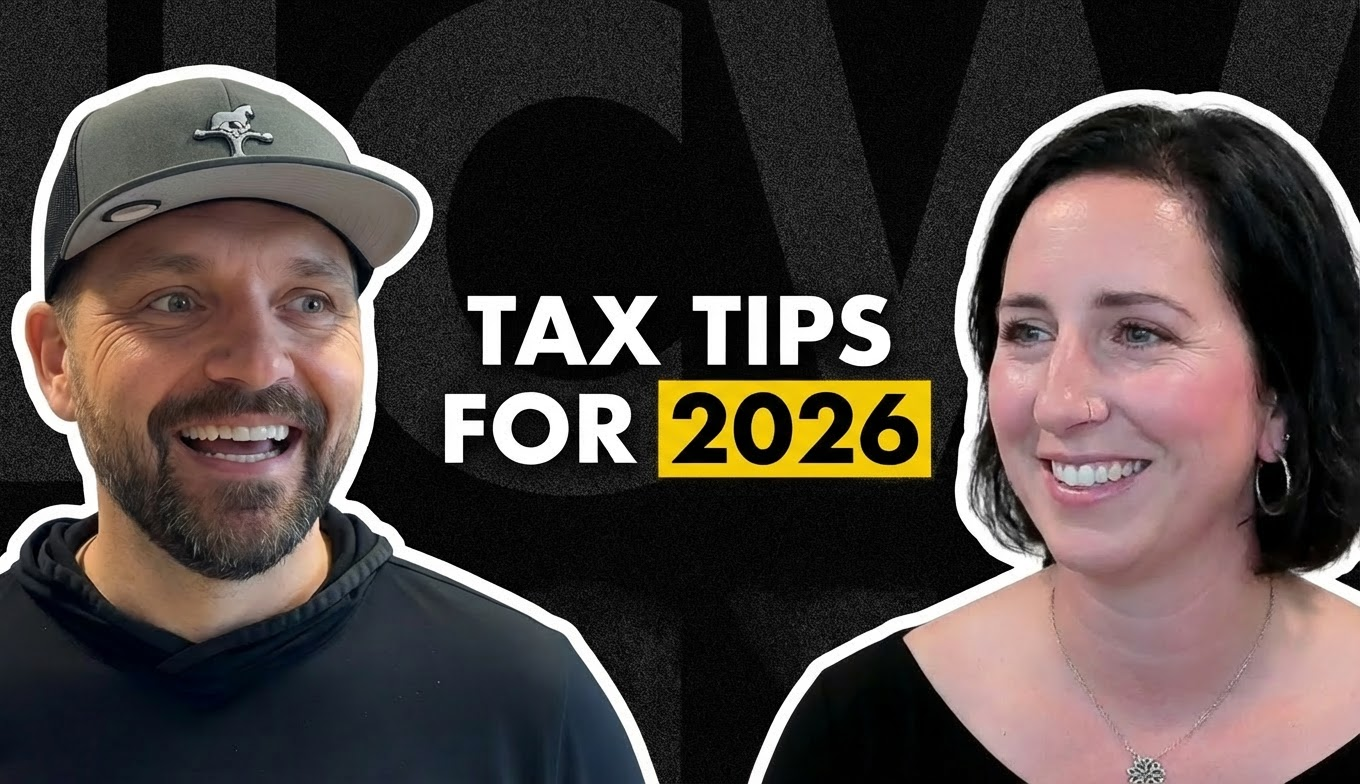
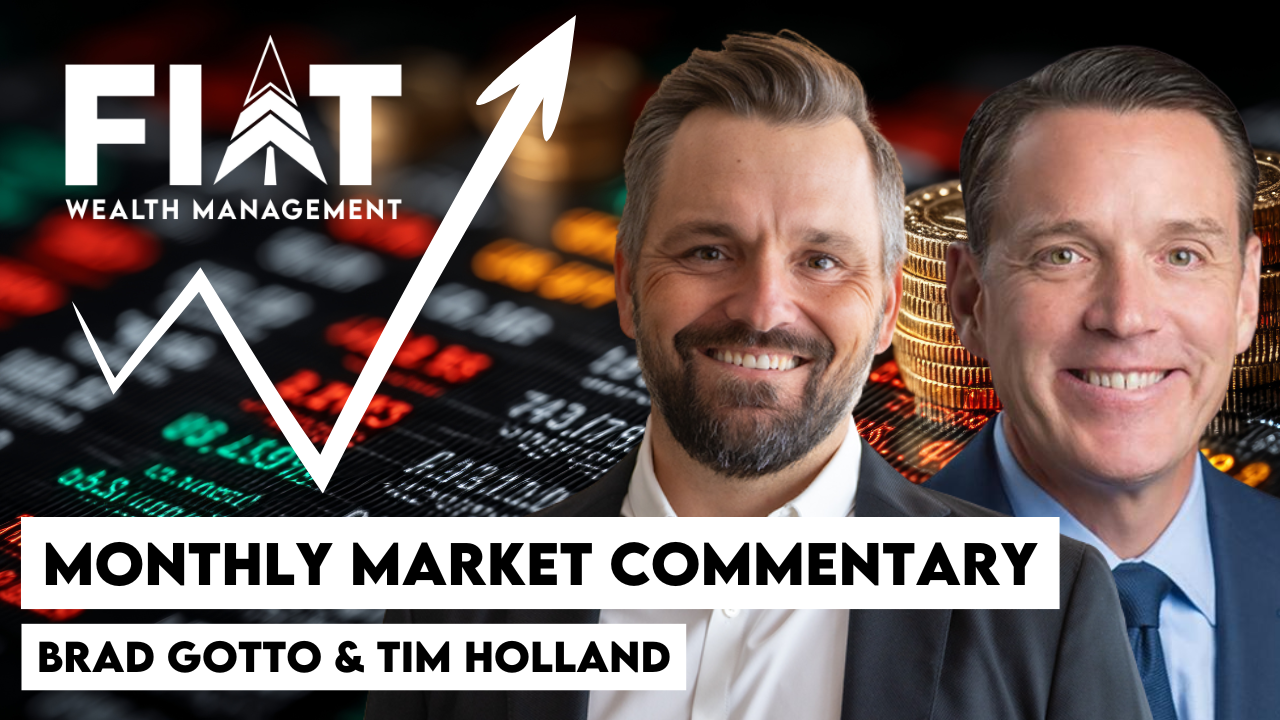
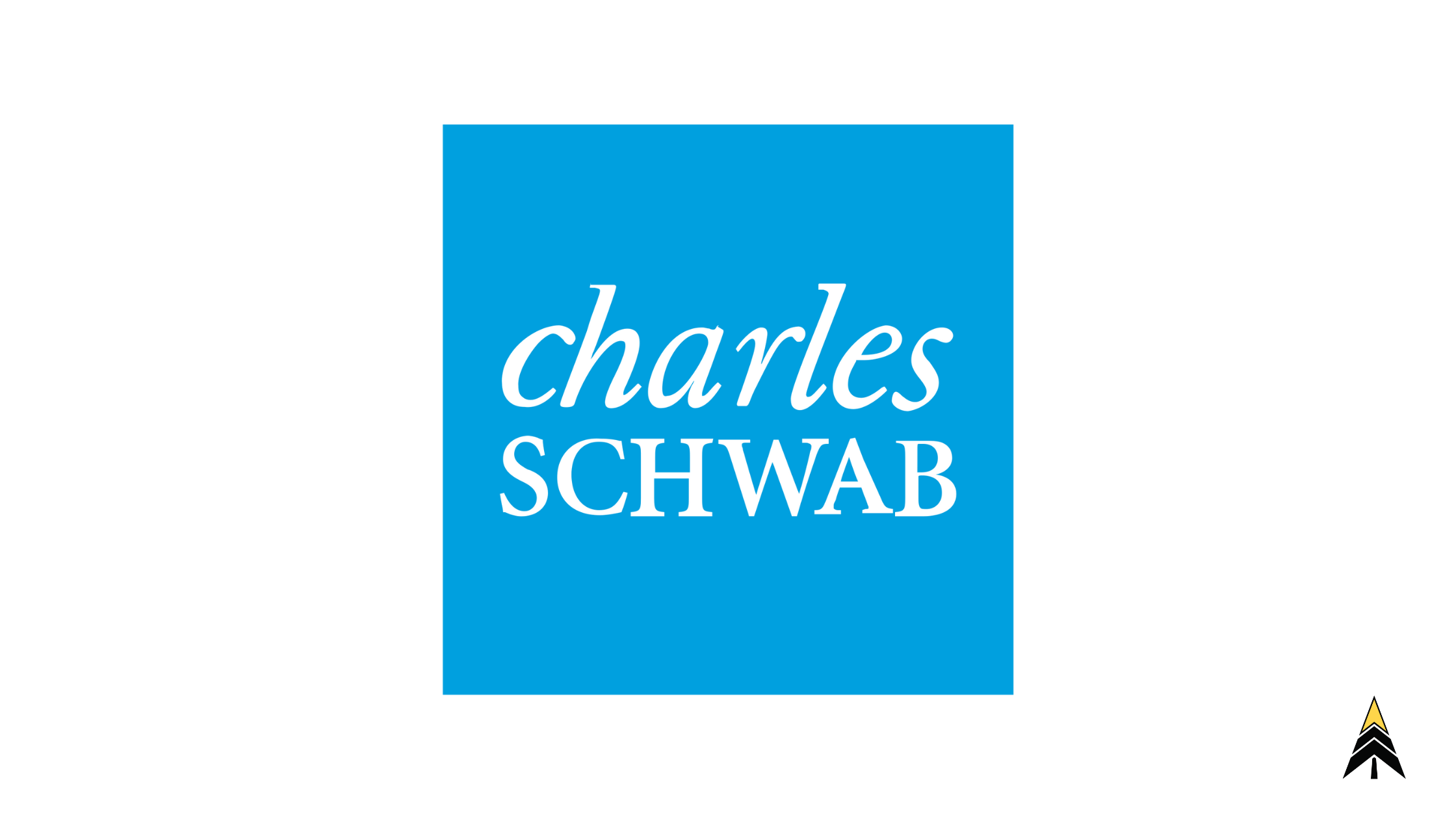
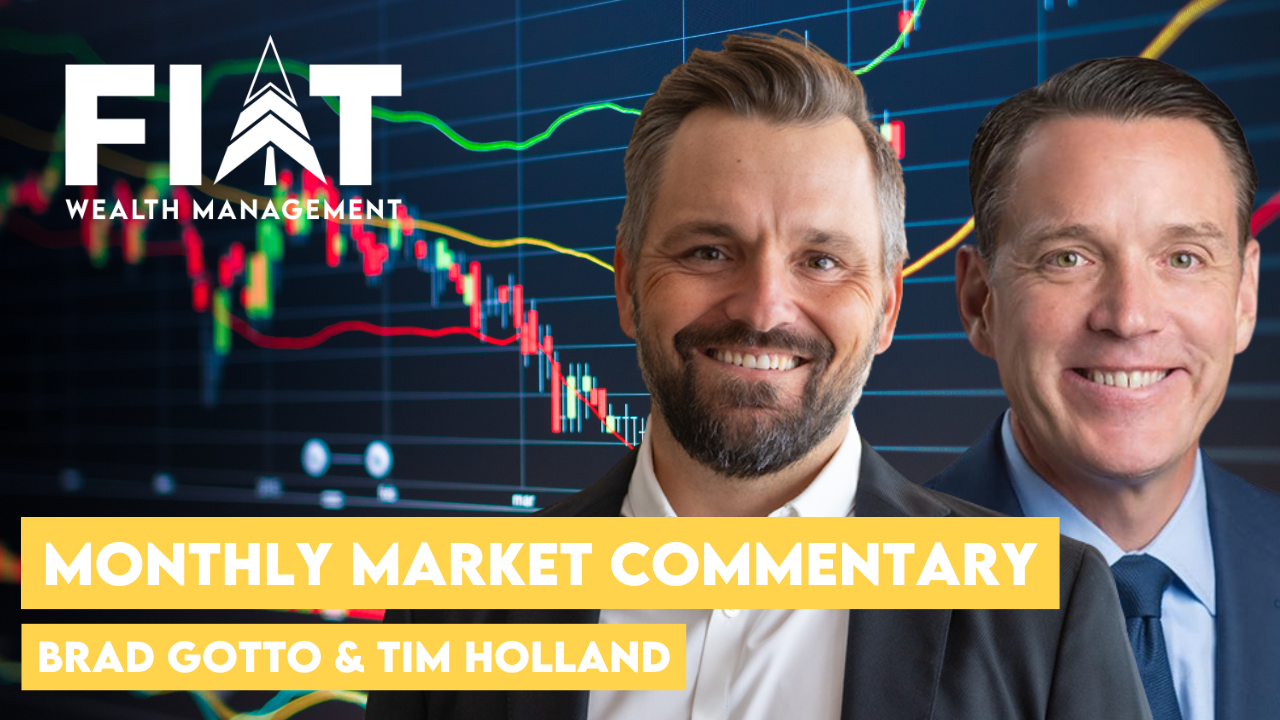
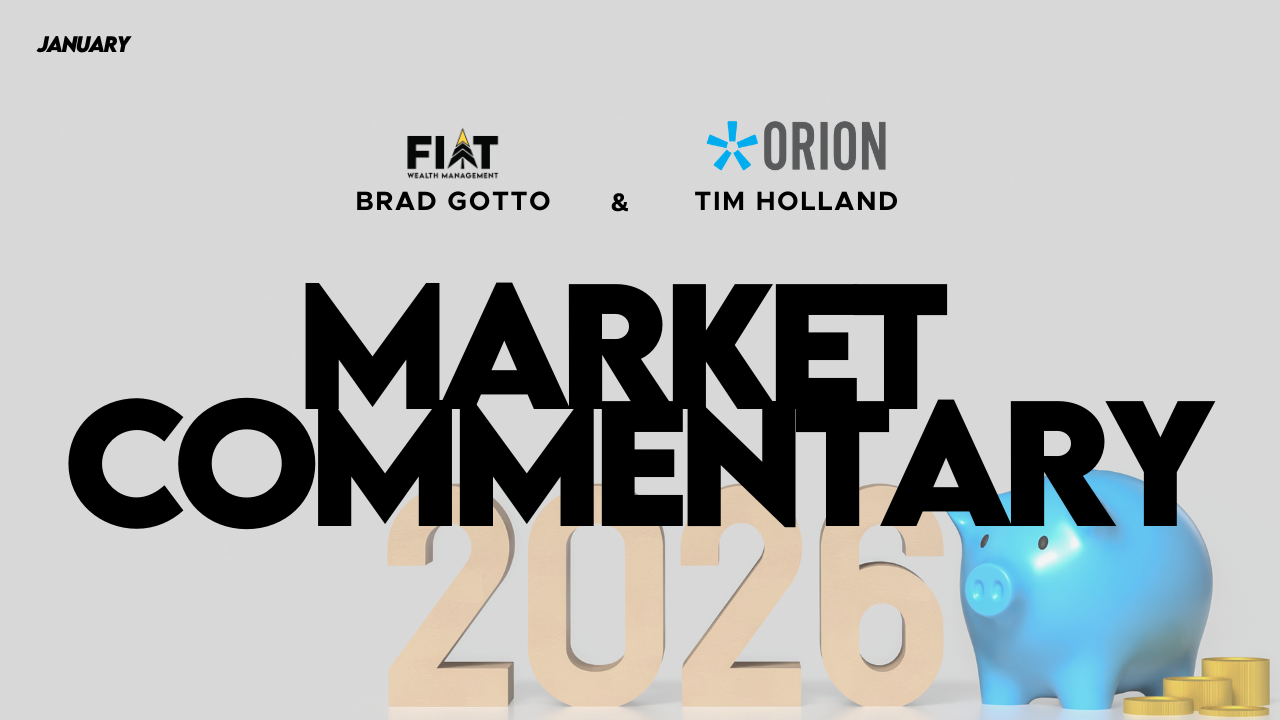







.png)